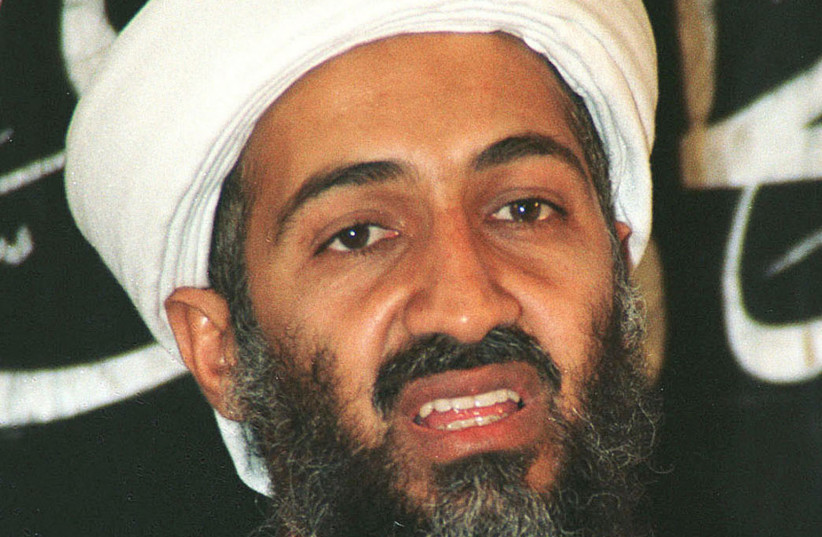As the war with Hamas drags on, many around the world are bombarded daily by images of the suffering in Gaza for which Israel, not Hamas, is being blamed. They are losing the thread.
And what is the thread? On October 7, soldiers in the army of Hamas, a terrorist organization in control of the mini-Palestinian state of Gaza since 2007, launched a barbaric attack on Israel, murdering men, women, and children – including grandparents and babies – and raping, mutilating, plundering, and kidnapping 240 people.
This week, the release of the ghastly video of terrorists surrounding Shira Bibas as she clutched her toddler and infant in Khan Yunis and the Association of Rape Crisis Centers in Israel’s report of savage sexual crimes committed by Hamas reminded Israelis, once again, what this war is all about, who started it, and what to expect if Hamas is not thoroughly defeated.
That’s the thread. How do we know the world is losing sight of it? Because of the growing calls for a two-state solution.
Even if well-intended, these calls send the following message: Carry out a barbaric attack, and you will be rewarded for it.

Rewarding Osama bin Laden?
It’s as if, after al-Qaeda’s 9/11 attacks, the world would have rewarded Osama bin Laden with an Islamic caliphate. There can be no greater incentive for more global terrorism than to create a Palestinian state after October 7.
Among those reviving the push for a two-state solution are former zealous adherents of the Oslo process. They are true believers in the idea, despite abundant evidence that Israel’s enemies will not see a Palestinian state as the end of the Arab-Israeli conflict but, rather, as an improved position from which to keep the battle against the Jewish state going.
Does anyone believe that Iran will give up its designs to destroy Israel if a Palestinian state is created? Or that Hezbollah will cease to be a threat? Or that Islamist extremists will give up their dream to destroy the Jewish state?
Does that mean, then, that we are doomed to perpetual conflict and war?
Not necessarily, but we need to be realistic, and a realistic view acknowledges that a Palestinian state is not in the immediate offing. Israelis, including left-wing Israelis, are in no mood to entertain the idea so soon after the October 7 atrocities. And, whether the world likes it or not, Israel is going to have to agree to a Palestinian state for it to come into being.
What is needed, therefore, is some out-of-the-box thinking, a creative alternative to the two-state solution. It became axiomatic over the years to believe the only answer to the Israeli-Palestinian conundrum is either a two-state solution or a binational state, both of which could endanger Israel as a Jewish state.
After October 7, it’s time for politicians, security experts, and think tanks to offer new, creative suggestions, since the ones that have circulated until now have failed.
What might these look like? Former National Security Council head Giora Eiland presented some ideas in 2010.
One idea could be called the United States of Jordan, a new twist on the old Jordan-Palestinian confederation plan. Under this proposal, Jordan would include three states: Jordan, the West Bank, and the Gaza Strip, all governed by a federal government in Amman. The West Bank and Gaza would have a budget, government institutions, laws, and a police force, just like the US states, but they would not have responsibility for foreign policy or the military, which would remain in the hands of the federal government in Amman.
Another idea proposed by Eiland is a two-state solution not based on the paradigm of an Israeli return to the 1967 borders. Rather, it would involve a land swap between Egypt, Israel, Jordan, Saudi Arabia, and a future Palestinian entity that would significantly expand the size of Gaza, allowing Israel to retain 12% of the West Bank and providing Egypt with a land link to Jordan.
This is not meant as an endorsement of either plan. It is merely an example of how, with some unconventional thinking, other ideas can be introduced to replace the classic two-state mirage that most Israelis no longer see as a path to peace.
